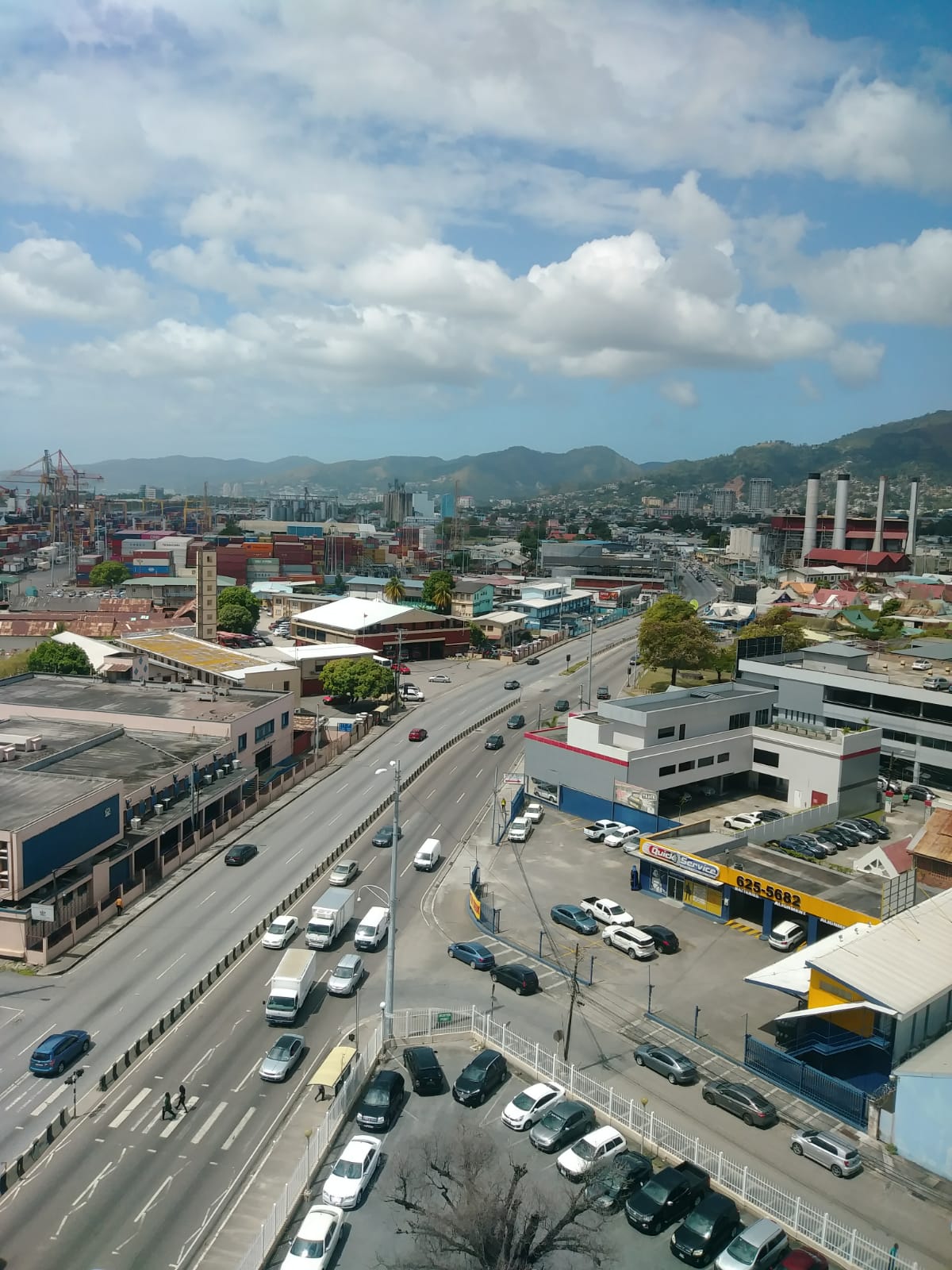
(Trinidad Express, 13.Feb.2022) — Trinidad and Tobago has been appointed to co-chair the ad hoc work programme on the new climate finance goal by president of the 26th Conference of the Parties on Climate Change (COP 26), Alok Sharma, the Ministry of Planning and Development announced yesterday.
In a letter dated February 10 to Parties and Observers to the United Nations Framework Convention on Climate Change (UNFCCC) as well as UN organisations, UNFCCC Secretariat informed of the appointment of co-chairs for the work programme on the new collective finance goal for 2022, and noted that “the appointed co-chairs are well versed in the UNFCCC process, having been actively engaged in addressing matters under and outside the Convention and the Paris Agreement.”
Kishan Kumarsingh, head of the Multilateral Environmental Agreements Unit, Ministry of Planning and Development, will co-chair the work programme along with Italy’s Frederica Fricano, Director, European Affairs and International Climate Negotiation of the Ministry of the Environment.
Kumarsingh is the first person from Trinidad and Tobago, and the first from a developing country to co-chair this important work programme, the Ministry said in a statement.
“Mr Kumarsingh has been the lead technical climate negotiator for Trinidad and Tobago for over 20 years, and has a long and illustrious history in leadership roles in chairing various bodies and negotiations under the United Nations Framework Convention on Climate Change (UNFCCC) on behalf of Trinidad and Tobago.
“He has served as the vice chair and chair of the Expert Group on Technology Transfer (EGTT); the chair of the Subsidiary Body for Scientific and Technological Advice (SBSTA) and co-chair of the Ad Hoc Working Group on the Durban Platform (ADP) which was the body that negotiated the Paris Agreement, and played a key role in drafting and securing support for the Paris Agreement in its preparatory stages,” the Ministry said.
Kumarsingh played a key role in chairing negotiations on the biennial budget and on the issue of loss and damage, the statement said.
Key Functions: The co-chairs of the ad hoc work programme are tasked to maintain regular consultations with the constituted bodies under the UNFCCC, in particular the Standing Committee on Finance, as well as United Nations agencies, climate finance experts, academia, private sector and civil society actors with a view to informing the work programme.
The Co-Chairs will also guide:
— Technical Expert Dialogues among all interested Parties, academia, civil society actors, including youth, and private sector actors; and
— The development of Annual Reports.
Commenting on Kumarsingh’s selection, Planning and Development Minister Camille Robinson-Regis said: “This recent honour is a testament to Trinidad and Tobago’s ability to punch above and beyond our weight on the global stage, our commitment to taking climate action as well as our global and regional leadership on climate change.
“Mr Kumarsingh will make Trinidad and Tobago proud, and his global reputation regarding matters related to climate change and climate action will be an asset to the goals of the work programme. This announcement comes in a little over a month since Trinidad and Tobago submitted its ‘First Biennial Update Report on Climate Change’, in fulfilment of our reporting commitment under the UNFCCC, also led by Mr Kumarsingh.”
The Ministry said an agreement to negotiate a new collective climate finance goal through a work programme was a key outcome of COP 26 held in Glasgow in November 2021. Parties are expected to engage in deliberations over the next three years.
Parties previously decided that, prior to 2025, a new collective quantified goal from a floor of US$100 billion per year would be set, taking into account the needs and priorities of developing countries, the Ministry said.
The new collective quantified climate finance goal aims at contributing to accelerating the achievement of Article 2 of the Paris Agreement of holding the increase in the global average temperature to well below 2 °C above pre-industrial levels and pursuing efforts to limit the temperature increase to 1.5 °C above pre-industrial levels.
____________________

